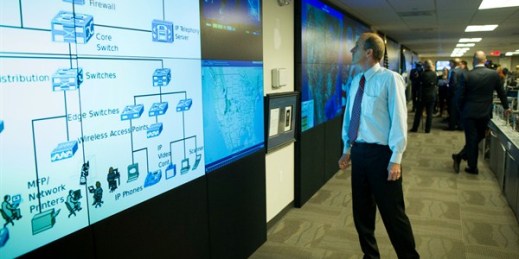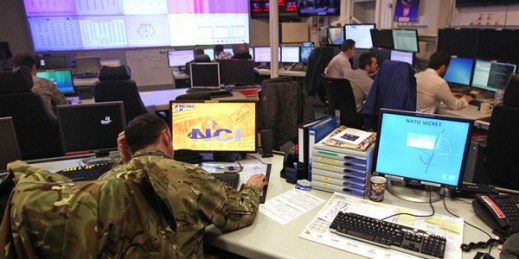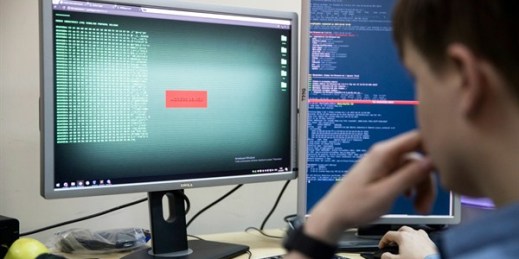
2018 was in many ways a watershed year for the United States in cyberspace. Washington revamped its cyber strategy. It loosened authorities for military cyber operators. It responded to large-scale global cyberattacks. And it dealt with chilling intrusions on its critical infrastructure. Looking back, though, what did all these changes mean, and how well did U.S. cyber policy fare? Let’s start with the good news. In two particular areas—attribution and indictments—the United States has shown clear improvements in responding to inappropriate behavior in cyberspace. Over the past year, the Department of Justice significantly increased the pace of indictments against Chinese, […]


